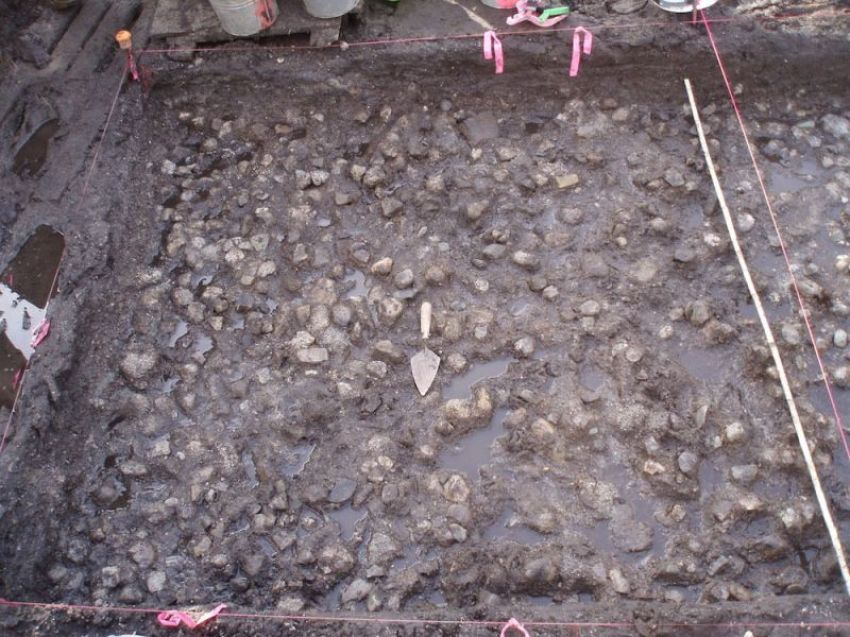3,800-Year-Old Underwater Garden With Potatoes Uncovered in Canada
Archaeologists recently dug up thousands of blackened potatoes at a site dating back more than 3 millennia on Canada's Pacific coast. The prehistoric garden which bore the uncovered potatoes is the first proof researchers have that North American natives tended gardens at least 3,800 years ago.

The ancient site was uncovered during roadwork near the Fraser River in British Columbia by archaeologists led by Tanja Hoffmann of the Katzie Development Limited Partnership and Simon Fraser University
The garden, unearthed in an ecologically rich wetland on the ancestral lands of the Katzie tribe, is the first direct evidence of wetland plant cultivation in the prehistoric Pacific Northwest, according to a study published in the Science Advances journal.
The study discloses that the site showed signs of sophisticated engineering techniques used by farmers to control the flow of water. A rock pavement that "formed a boundary for the cultivation" of the potatoes and held them in their growing positions, was installed by the farmers.
This method allowed a more efficient growth of the wild wapato tubers, also known as Indian potatoes. The researchers also discovered around 150 fire-hardened tool fragments made of wood which they believe to be the tips of "digging sticks."
These potatoes, which are today found in wetlands across southern Canada and the United States, had long been important to the indigenous people of the region.
A total of 3,767 whole and fragmented pieces of the ancient tubers were found at the prehistoric site. All the specimens had turned dark brown to black in color and, although only the exterior shell or skin survived on many, some had still retained their starchy insides.
The team of researches attributes the unspoiled discovery to the fact that the site had been waterlogged for centuries. This resulted in the preservation of the plants and wooden tools that would have otherwise disintegrated over time, according to Live Science.
The garden was ascertained to be a man-made deposit due to the discovery of tightly-packed and uniformly sized rocks which covered the site. This arrangement of rocks formed an artificial "pavement" that would have controlled the depth of the roots' penetration, which would in turn make harvesting the potatoes easier for the farmers.
The archeologists also found a dry area where people would have lived next to the waterlogged garden. The age of the site was confirmed by radiocarbon dating. Through this method it was ascertained that the garden is 3,800 years old and was abandoned 3,200 years ago.



























